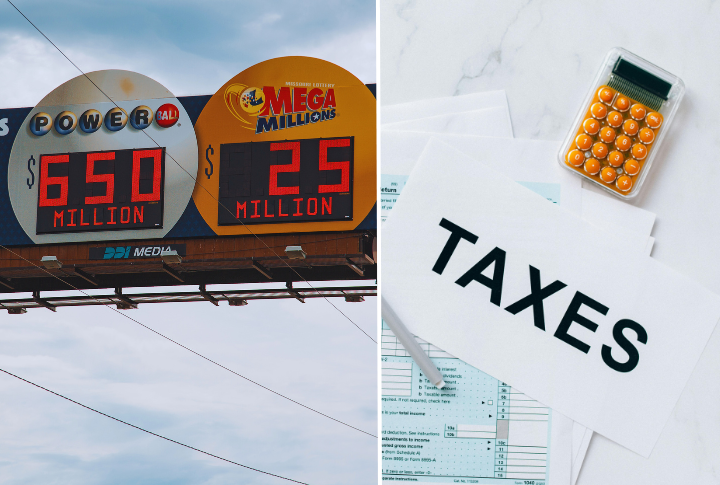
When you think about the Mega Millions, you envision life-changing jackpots, with millions of hopefuls getting tickets for a chance to win big. The odds of winning are around 1 in 302.6 million. Despite these odds, people still play, dream, and wonder—if they were the lucky winner, how much would they actually take home after taxes?
Annuity or Lump Sum?

Imagine winning a gigantic jackpot. You’re excited, but now you face a decision: take your prize as a series of annual payments over many years or grab a large lump sum right away. For example, you could choose to receive the entire prize spread out over three decades or take a substantial amount of cash upfront.
What’s the Best Choice?
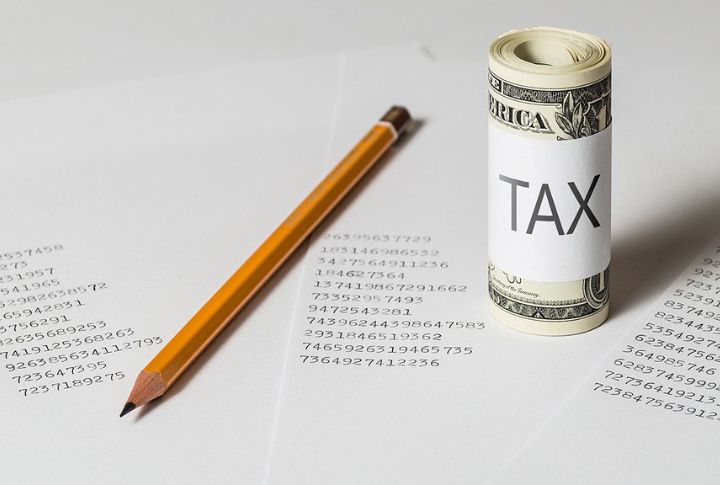
Now, this might sound like a no-brainer. Who wouldn’t want all that cash right away? But hold on a second. While the lump sum is tempting, the annuity option means you get the entire jackpot amount over time, which could be a safer bet in the long run. It’s a classic dilemma.
Understanding Federal Tax Rates

When it comes to huge lottery jackpots, the highest federal tax rate will come into play. For 2024, the top federal tax rate is 37%, which applies if you’re single and your taxable income exceeds a certain amount. If you’re married and filing jointly, this rate kicks in at a higher income threshold.
Future Tax Rates

Here’s something to keep in mind if you opt for the annuity payments over 30 years: tax rates are set to rise in 2026 unless Congress makes changes. The top tax rate is expected to jump to 39.6%. This means that while you might start off paying 37% in taxes.
How State Taxes Affect Your Winnings
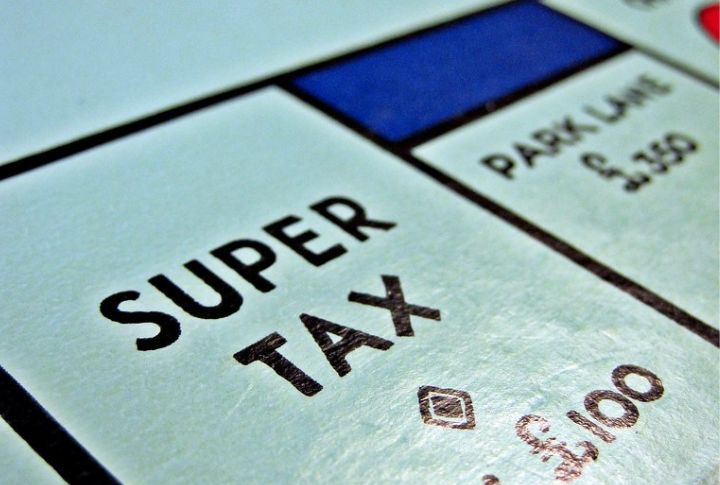
Tax rates vary widely across the country, with some states taxing lottery winnings at a single-digit rate and others reaching into the lower double digits. Depending on your location, a significant portion of your prize could go towards state taxes. Keep that in mind when calculating.
The Reality of Tax Withholding
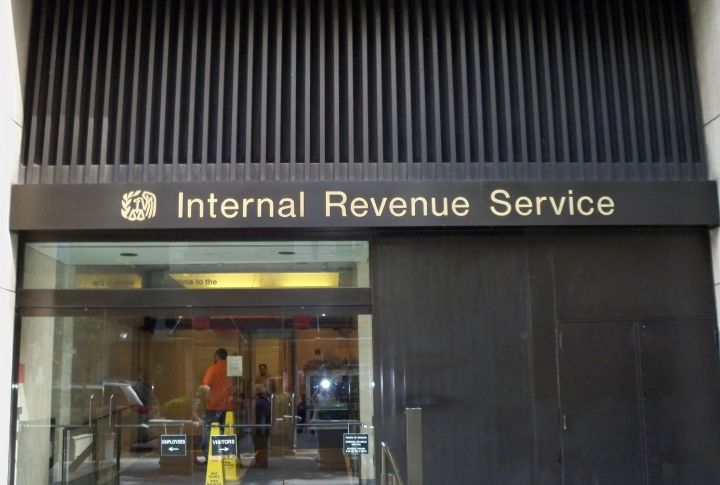
Winning the lottery might seem like an instant cash windfall, but the IRS is quick to take its share. If you hit a prize of $5,000 or more, 24% of the money you win will be withheld upfront and sent to the IRS. This isn’t an extra tax; it’s an advance on your total tax bill when you file your federal return.
What Happens After Withholding

While 24% of your prize is withheld for federal taxes, the story doesn’t end there. Depending on your total income and tax bracket, you may still owe more in taxes when you file your return—or you might get some of that money back. This is why it’s crucial to consider both the immediate impact of withholding and the potential additional tax liability when you win big.
Understanding Form W-2G
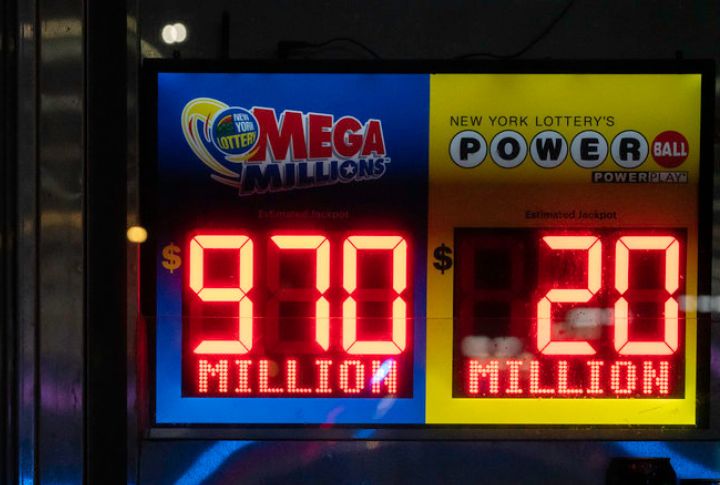
If you win at least $600 from a lottery, you’ll receive a Form W-2G by January 31 of the following year. This form details your lottery winnings, the federal and state taxes withheld, and other necessary information. Discrepancies could raise red flags with the IRS, so accuracy is key to avoiding unwanted scrutiny.
Filing Your Tax Return

When it’s time to file your federal tax return, you’ll need to report your lottery winnings as gambling income. Usually, you report it on Line 8b of Schedule 1 (Form 1040), though form details may change. If you have gambling income, you can also deduct any gambling losses you’ve had.
The Bottom Line
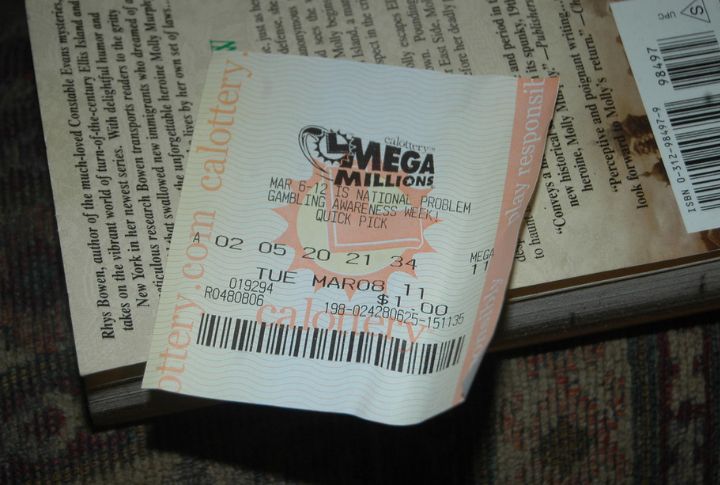
Winning the Mega Millions comes with big decisions and taxes. Regardless of whether you opt for a lump sum or annual payments, knowing about federal and state taxes, what’s taken out upfront, and how to report everything will help you handle your winnings better.
